Taxonomy
Most popular
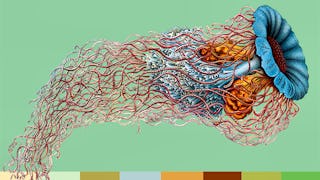 Status: PreviewPreviewU
Status: PreviewPreviewUUniversity of Illinois Urbana-Champaign
Course
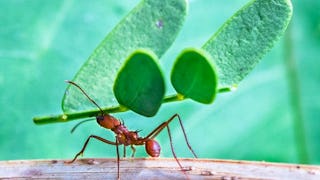 Status: Free TrialFree TrialR
Status: Free TrialFree TrialRRice University
Specialization
 Status: PreviewPreviewU
Status: PreviewPreviewUUniversiteit Leiden
Course
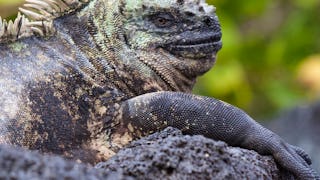 Status: Free TrialFree TrialR
Status: Free TrialFree TrialRRice University
Course
Trending now
 Status: Free TrialFree TrialR
Status: Free TrialFree TrialRRice University
Specialization
 Status: Free TrialFree TrialU
Status: Free TrialFree TrialUUniversity of Florida
Specialization
 Status: Free TrialFree TrialU
Status: Free TrialFree TrialUUniversity of Minnesota
Specialization
 Status: Free TrialFree Trial
Status: Free TrialFree TrialProfessional Certificate
New releases
 Status: Free TrialFree TrialL
Status: Free TrialFree TrialLLecturio
Course
 Status: PreviewPreviewA
Status: PreviewPreviewAAmerican Museum of Natural History
Course
 Status: Free TrialFree Trial
Status: Free TrialFree TrialProfessional Certificate
Filter by
SubjectRequired *
LanguageRequired *
The language used throughout the course, in both instruction and assessments.
Learning ProductRequired *
LevelRequired *
DurationRequired *
SubtitlesRequired *
EducatorRequired *
Results for "taxonomy"
 Status: NewNewStatus: PreviewPreviewA
Status: NewNewStatus: PreviewPreviewAAmerican Museum of Natural History
Skills you'll gain: Scientific Visualization, Environment, Physics, General Science and Research, Taxonomy, Scientific Methods, Biology, Chemistry
Beginner · Course · 1 - 3 Months
 Status: Free TrialFree Trial
Status: Free TrialFree TrialSkills you'll gain: Data Manipulation, Applied Machine Learning, Supervised Learning, Machine Learning, Pandas (Python Package), Artificial Intelligence and Machine Learning (AI/ML), Predictive Modeling, Machine Learning Algorithms, Unsupervised Learning, Taxonomy, Data Mining, Data Analysis, Deep Learning, Matplotlib
Intermediate · Course · 1 - 3 Months
 Status: Free TrialFree TrialU
Status: Free TrialFree TrialUUniversity of Minnesota
Skills you'll gain: Taxonomy, AI Personalization, Spreadsheet Software, Machine Learning, Predictive Analytics, Microsoft Excel, Statistical Methods, Persona Development, Text Mining, Descriptive Statistics, Data Collection, Algorithms, Computer Programming, Java
4.4·Rating, 4.4 out of 5 stars654 reviewsIntermediate · Course · 1 - 3 Months
 Status: PreviewPreviewA
Status: PreviewPreviewAAmerican Museum of Natural History
Skills you'll gain: Health Disparities, Social Determinants Of Health, Infectious Diseases, Immunology, Epidemiology, Public Health, Pathology, Microbiology, Mathematical Modeling, Molecular Biology, Taxonomy, Cell Biology, Diagnostic Tests, Clinical Trials
4.8·Rating, 4.8 out of 5 stars47 reviewsIntermediate · Course · 1 - 3 Months
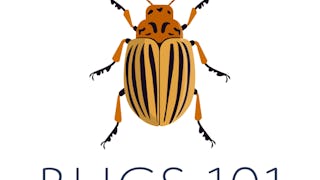 Status: FreeFreeU
Status: FreeFreeUUniversity of Alberta
Skills you'll gain: Anthropology, Anatomy, Physiology, Life Sciences, Sustainable Development, Environment and Resource Management, Environmental Science, Biology, Cultural Diversity, Microbiology, Public Health and Disease Prevention, Taxonomy, Criminal Investigation and Forensics
4.9·Rating, 4.9 out of 5 stars1.5K reviewsBeginner · Course · 3 - 6 Months
 G
GGoogle Cloud
Skills you'll gain: Google Cloud Platform, Data Lakes, Metadata Management, Taxonomy, MLOps (Machine Learning Operations)
Intermediate · Project · Less Than 2 Hours
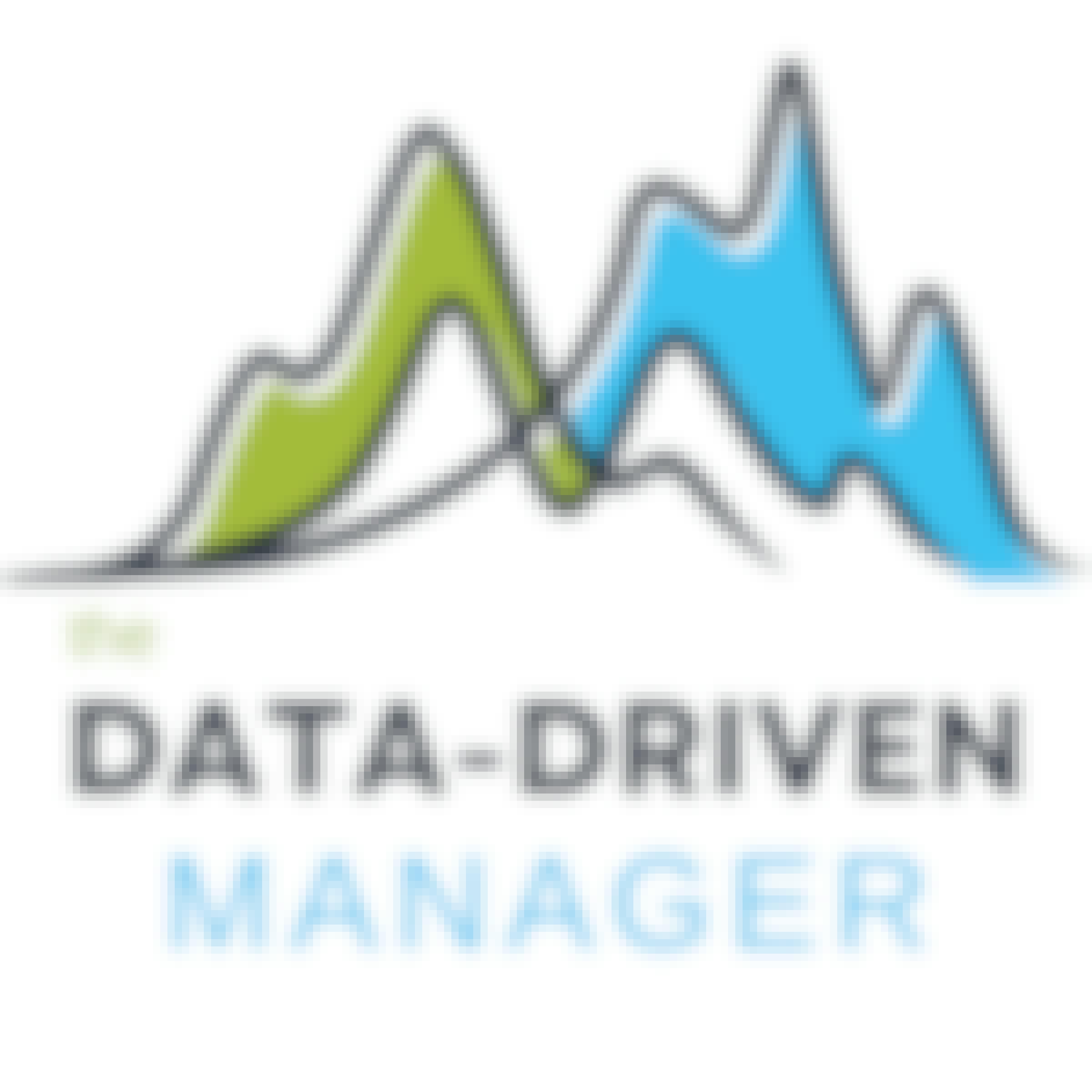 Status: Free TrialFree TrialU
Status: Free TrialFree TrialUUniversity of Colorado Boulder
Skills you'll gain: Data-Driven Decision-Making, Descriptive Statistics, Data Analysis, Probability Distribution, Statistical Software, Statistics, R (Software), Data Visualization, Statistical Analysis, Probability, R Programming, Probability & Statistics, Data Manipulation, Histogram, Taxonomy, Data Import/Export
4.5·Rating, 4.5 out of 5 stars10 reviewsBeginner · Course · 1 - 3 Months







